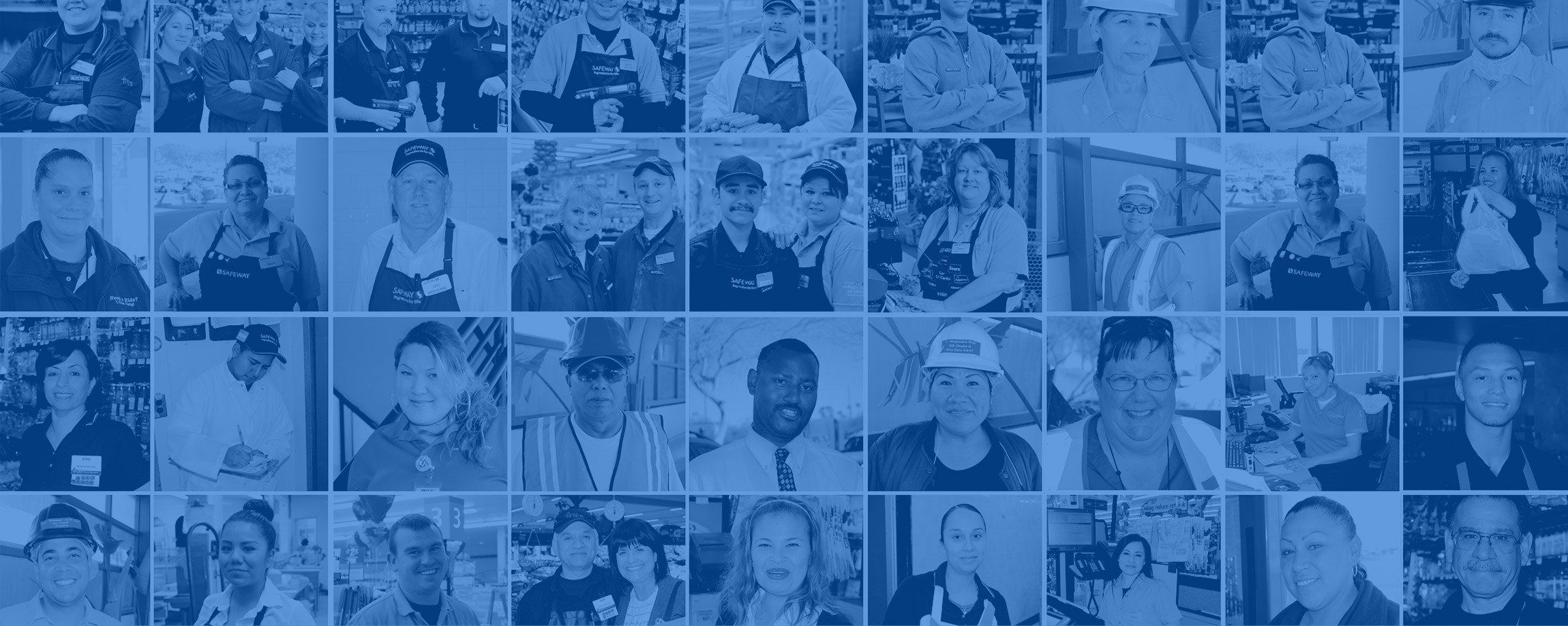As a father of three, I am concerned about the world we are handing over to the coming generations.
My concerns are well-founded. It’s no secret that Millennials — those who became adults at the beginning of the 21st century — are having a rougher time than their parents did at the beginning of their careers.
In fact, the differences in wealth between the generations can be shocking. A recent study commissioned by the Federal Reserve Board found that the typical Millennial’s net worth is 20 percent lower than a typical Boomer’s was in 1989.
Why is this?
Don’t believe what you read on Facebook. It’s not the Millennials’ fault. Statistics from many sources, including the Center for Disease Control and the FBI, tell us the younger generations might be the most law-abiding and socially responsible group of Americans in history. Violence, criminal behavior, injection drug abuse and teen pregnancies are way down from past decades.
Here’s the reality: Today’s jobs (outside of good union jobs, of course) don’t pay as well as the ones the Millennials’ parents had. To buy a home and raise a family, a couple needs to work longer and spend less on non-essential goods and services. Some have given up hope they’ll ever be able to buy a home.
While the nation’s wealth has expanded greatly in the past 46 years, the average worker’s real, inflation-adjusted wages have not grown at all — 1973’s average wage had the same purchasing power as today’s average wage.
We can blame the loss of manufacturing jobs that sustained previous generations with prosperous and lifelong careers. We can blame the tech-driven “gig economy,” where workers scramble to hustle tiny pieces of income with no guarantees of work, no overtime, and no investment by an employer toward a worker’s health care or retirement security. We can blame corporate greed.
All of these are real factors, but one institution that has the power to overcome all of them and move today’s work force back on track to a brighter economic future: the American labor union.
It’s no accident that membership in labor unions has declined over the decades, and that this decline closely tracks the decline of the nation’s middle class.
With encouragement from the government, including the courts, corporations have exploited weaknesses in our labor laws to make it harder for workers to join unions and negotiate good wages and benefits.
Fortunately, we are now seeing signs that America’s unions are bouncing back with new confidence and a willingness to fight for economic justice. And it’s the Millennials who are leading the charge.
We see this happening in the current wave of successful labor actions by teachers across the country, most recently in Chicago. We see it in the recently concluded contract settlement with General Motors by the United Auto Workers. We see it in the militant stances of health care workers and hotel employees.
We also see it in the retail food industry. In Portland, Ore., Southern California and elsewhere, our sisters and brothers in the UFCW have been standing strong to protect their wages and health care in tough negotiations with highly profitable corporations.
Driving this new militancy are Millennial workers who tend to support labor unions more than generations before them did. A poll conducted last year showed half of all non-union workers in the United States would join a union if they could — the highest percentage in four decades — and another poll shows that 66 percent of people ages 18 to 34 approve of unions.
The Center for Economic Policy and Research reports that 75 percent of new union members are under the age of 35.
Alexandra Catsoulis recently wrote for the California Labor Federation: “…as reports pile up on how young workers are going to need to work themselves into exhaustion just to put food on the table, joining a union remains the best way for Millennials to reap the kind of economic security their parents and grandparents had.”
In conclusion, Catsoulis called Millennials and labor unions “a match made in heaven.”
For the time being, Millennials will continue to struggle. But through labor unions, they are learning they don’t have to struggle alone. They have their fellow working Americans — of all ages and generations — at their sides.
